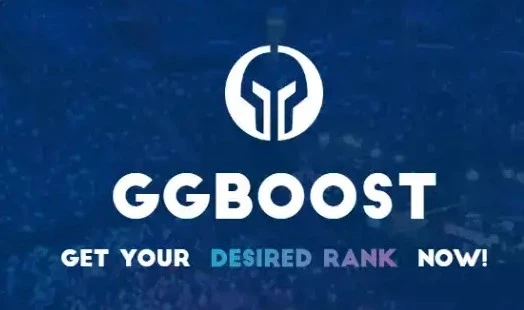In the fast-paced and fiercely competitive world of esports, where every click matters and split-second decisions can make or break a game, the concept of boosting has become a hotly debated topic. Elo boosting, a practice where players pay for assistance to climb the ranks in competitive games such as League of Legends and Valorant, has stirred controversy within the esports community. While some see it as a legitimate service catering to players seeking to enhance their skills, others view it as a form of cheating that undermines the integrity of the game. In this blog post, we delve deeper into the complexities surrounding elo boosting, exploring both its proponents and critics. What is Elo Boosting? Elo boosting, named after the Elo rating system originally designed for chess, refers to the act of hiring a more skilled player to play on one's behalf or in a team, with the aim of increasing their rank or elo score in a competitive game. The boosted player typically surrenders their account credentials to the booster, who then plays matches on their behalf, often achieving higher ranks and unlocking exclusive in-game rewards. The Pros and Cons Proponents of elo boosting argue that it offers several benefits to players. For some, it provides an opportunity to escape the frustrations of being stuck in lower ranks, where toxicity and lack of skill diversity can hinder the gaming experience. Boosting services also promise quicker progression, allowing players to reach their desired rank without spending countless hours grinding through matches. On the other hand, critics raise valid concerns about the negative impact of elo boosting on the integrity of esports. By artificially inflating ranks, boosted players can disrupt the balance of matchmaking systems, leading to unfair matchups and diminished competitive integrity. Additionally, the practice can foster a culture of dependency, where players rely on external assistance rather than honing their skills through genuine gameplay. Ethical Dilemmas One of the central ethical dilemmas surrounding elo boosting revolves around the concept of fair play. In a competitive environment where skill and strategy are paramount, should players be allowed to pay for an advantage? Critics argue that elo boosting distorts the true measure of skill, creating a facade of achievement that undermines the accomplishments of legitimately skilled players. Moreover, it can perpetuate a cycle of inequality, where those with financial means gain an unfair advantage over their less affluent counterparts. However, defenders of elo boosting contend that it is simply a service offered in response to market demand. They argue that as long as players are willing to pay for such services, there will always be a market for elo boosting. Furthermore, they emphasize the autonomy of players to make their own choices regarding how they engage with the game, whether through solo progression or with external assistance. Addressing the Controversy As the debate over elo boosting continues to unfold, esports organizations and game developers face the challenge of maintaining the integrity of their competitive ecosystems. Some have implemented measures to deter boosting, such as imposing penalties on boosted accounts or tightening account security protocols. Others have explored alternative solutions, such as providing more avenues for players to improve their skills through in-game tutorials or coaching programs. Ultimately, the controversy surrounding elo boosting underscores deeper questions about the nature of competition and fairness in esports. While it may offer a shortcut to success for some, it also raises concerns about the erosion of meritocracy and the integrity of competitive gaming. As esports continues to evolve, finding a balance between accessibility and maintaining competitive integrity will be essential in shaping its future. In conclusion, the debate surrounding elo boosting in esports is multifaceted, encompassing ethical, competitive, and economic considerations. While proponents argue for its benefits in providing players with opportunities for progression, critics highlight its potential to disrupt the fairness and integrity of competitive gaming. As the esports industry grapples with these challenges, finding common ground and implementing effective solutions will be crucial in ensuring a level playing field for all players.
Boosting in Esports: Analyzing the Controversy Surrounding Elo Boosting


